Our work

Infodemiology Initiative

Health Communications Initiative (HCI)

PGN

Documentaries

Publications

Trusted Messenger Program
From neighborhoods to nations, PGP advances health communication for the public good.
About us
PGP (The Public Good Projects) is a public health nonprofit specializing in large-scale media monitoring programs, social and behavior change interventions, and cross-sector initiatives.
PGP applies the best evidence and practices from the public and private sectors to create bold projects for health. PGP’s programs and initiatives are evidence-based, tailored for particular populations, employ a collective impact model, and are scientifically evaluated.
PGP is led by experts in public health, marketing, journalism, media, and business. We deploy our considerable resources and relationships to support communities and partners in their mission to make a healthier and more equitable world.
PGP is a registered 501(c)(3).
Our mission
To revolutionize public health communication, so that business and public sector programs have greater impact and communities are healthier.
Our vision
To solve the biggest health challenges by making them local, personal, simple to understand, and everyone’s responsibility.
Our commitment to
equity, diversity, and inclusion
The Public Good Projects (PGP) is enriched by diverse cultural backgrounds and heritages. Our work requires a commitment to equity, diversity, and inclusion in order to fulfill our mission and uphold our company values. We characterize equity as creating a workplace where everyone is seen, heard, valued, and empowered to succeed. We interpret diversity as embracing and respecting all races, nationalities, colors, creeds, religions, ages, disabilities, veteran statuses, sexual orientations, gender identities, and affiliations.
We define inclusion as a set of behaviors that encourages employees to feel valued for their unique qualities and experience a sense of belonging. To be an effective public health organization, our workforce must reflect the populations we serve. A well-rounded, empowered, and culturally humble public health workforce is required to address the pressing health disparities faced by many groups. PGP promises to prioritize equity, diversity, and inclusion to drive innovation, inspire creativity, improve performance, and serve communities.
Leadership
Dr. Joe Smyser, PhD, MSPH
CEO, The Public Good Projects
Phil Marineau
Chair, Public Good Projects;
Former President and CEO, Levi Strauss & Co. and Pepsi-Cola North America
Ruth Wooden
Vice Chair, The Public Good Projects; former President, The Advertising Council and Public Agenda
John Hoffman
Former Executive Vice President, Documentaries and Specials, Discovery Channel; Founder and Former CEO, The Public Good Projects
Dr. Ellen Wartella, PhD
Sheikh Hamad bin Khalifa Al-Thani Professor of Communication, Northwestern University
Kayvan Heravi, MBA
Managing Director, Sixth Street Former Partner, LNK
Ernesto Ramirez, PhD, MS
Director, Consumer Research and Programs at Evidation Health
Angela Bazzi, PhD, MPH
Associate Professor, UCSD Herbert Wertheim School of Public Health (HWSPH); Director, HWSPH Research Program on Mental Health & Substance Use; Co-Director, UCSD/SDSU Joint Doctoral Program in Public Health (Global Health); Adjunct Associate Professor, Boston University School of Public Health
Diana Acosta, MPP
Director of Public Health Partnerships, Merck Pharmaceuticals; Former Deputy Division Chief, US Agency for International Development (USAID); Former Program Manager, Montefiore Medical Center School Health Program; Former Global Health Fellow, Pan American Health Organization/WHO; Former Public Health Fellow, Office of Minority Health, U.S. Department of Health & Human Services
David Ertel, MBA, MPH
Chief Financial Officer, Vizient, former Chief Financial Officer and Chief Strategy Officer, University of Miami Health System and Miller School of Medicine
Jessica Broy Hutton, MBA, MS
Vice President, Morgan Stanley, former Associate Director, Winthrop Capital Partners, former Company Commander, United States Army
Geoff Boeing, PhD, MS
Associate Professor, USC Sol Price School of Public Policy; Director of USC’s Urban Data Lab; Nonresident Senior Fellow at the Brookings Institution
PGP’s editorial independence
PGP is an editorially independent public health nonprofit corporation.
The priorities of partners and funders may shape the focus of projects, but PGP applies our unique mix of expertise to retain operational independence. PGP’s research team also operates independently from the organization's executives and governing board to ensure that the methods and results of our work adhere to the highest standards of peer-reviewed science. This includes full authority over evaluation protocols, instrument design, sampling methodology, data collection and analyses, writing and editing, and the publication process.
Finally, funders do not participate in editorial activities, and any editorial team member or contributor will be recused from a story and/or publicly disclose conflicts of interest when editorially appropriate. We do not typically accept gifts or other consideration from donors as a condition or incentive. Our editorial department may occasionally accept fiscal sponsorship to support specific coverage areas. However, we do not allow fiscal sponsors or grant organizations to control or interfere with the integrity and independence of our editorial department and the content they create. Where applicable, content will be disclosed as being supported by significant fiscal sponsors. Many funders support PGP precisely because of its dedication to independence.
Financial transparency
We are committed to transparency in every aspect of funding our organization. Accepting financial support does not mean we endorse donors or their products, services or opinions.
PGP proudly partners with a wide range of private and public organizations, including nonprofits, foundations, government agencies, health care and hospital systems, and organizations working in the pharmaceutical, biotechnology, news, and social media industries. PGP seeks and accepts outside funding only from sources who will not in any way compromise our findings, analysis, editorial independence, and mission. Historically, no more than 10% of program funding is received from industry.
We accept gifts and grants from individuals, organizations and foundations to help with our general operations, coverage of specific topics, and special projects. Our news judgments are made independently–not based on or influenced by donors. We do not give supporters the rights to assign, review or edit content.
As a nonprofit, we will not accept donations from anonymous sources, and we will not accept donations from political parties, elected officials or candidates actively seeking public office. We will not accept donations from sources who, deemed by our board of directors, present a conflict of interest with our work or compromise our independence.